The evolution of sustainable fuel
Dario Schiavo speaks with Eni, the Italian multinational energy company, who believe its HVO will be available in Italian ports by next summer…
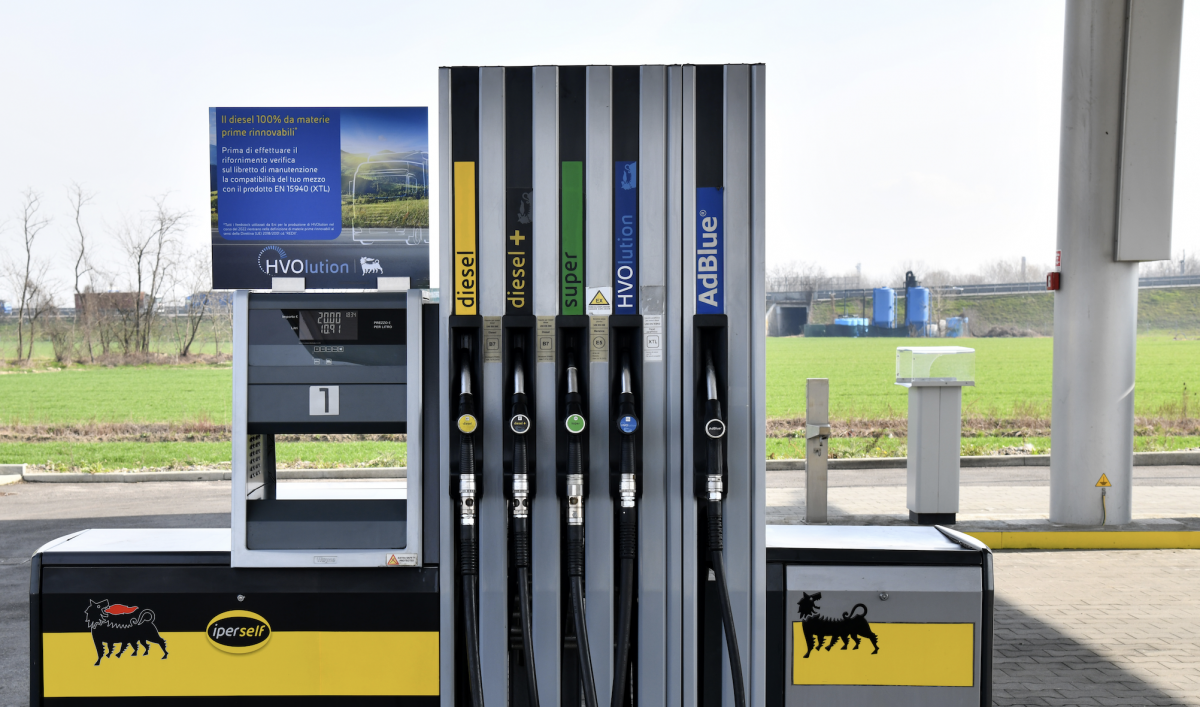
We have long awaited a more sustainable fuel, designed to reduce emissions, enhance air quality and improve engine performance. The combination of HVO fuel with other cutting-edge technologies will play a pivotal role in the transition to a more sustainable future. Until now, its availability has remained a sticking point. Tanker delivery for large yachts is available, but a simple in-port solution has been lacking.
We sat down with Giulio Balistreri, Head of Wholesale at Enilive (Eni Sustainable Mobility), to comprehend the milestones that led not only to the creation but, above all, to the availability of this innovative fuel. It all commenced in 2013 when Eni embarked on the world's first conversion of a conventional refinery in Venice into a bio-refinery, investing over €100 million. This transformation was based on Ecofining™ technology, developed and patented by Eni in collaboration with Honeywell-UOP. Balistreri remarks,
"Following this successful endeavour, it was decided to pursue a similar conversion at the Gela (Sicily) refinery in 2014," says Balistreri. "This allowed us to achieve a production capacity of over 1 million tonnes per year, marking our entry into the Italian market and our aspirations to lead the global market. In 2023, we finalized the acquisition of 50 per cent of a bio-refinery in Louisiana (USA) with the aim of reaching over 3 million tonnes by the end of 2025 and over 5 million by 2030."
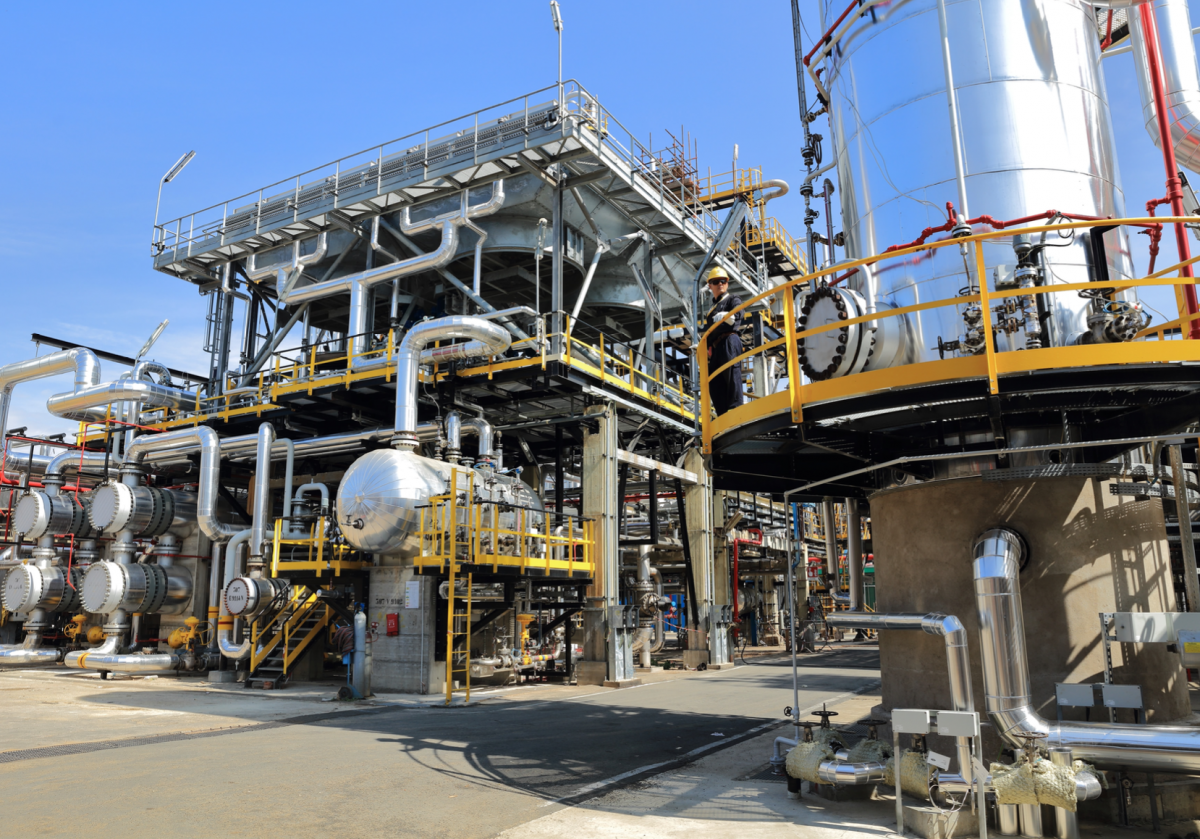
Advanced biofuels are among the tools that can help curb CO2 emissions in the transport sector. So much so that the European Union promotes their use through specific directives like the RED II directive. Unlike traditional biofuels produced from crops that could otherwise be used for food, advanced biofuels process waste and crops such as straw, raw glycerin, hulls, agricultural and forestry waste, and organic waste from recycling, without encroaching on agricultural land.
The Ecofining™ technology precisely fulfils this need, explains Balistreri. As it can process various types of biomass, not limited to vegetable oils. Unlike the conventional biodiesel production process (FAME), Ecofining™ produces a biofuel without oxygenated components and with a high cetane number (an indicator of fuel behaviour in diesel engines during ignition, where a higher number signifies quicker ignition of the fuel and therefore easier cold starting and noise reduction). HVO boasts a cetane number exceeding 70, while conventional diesel hovers around 51-55. HVO also possesses a non-hygroscopic structure, making it inhospitable to bacterial growth, a crucial factor in the nautical sector to prevent engine issues.
A successful energy transition necessitates a holistic approach, encompassing a diversity of technologies available at different stages, some already in place while others on the horizon, in order to meet energy demand in a more sustainable manner. This is precisely why the opportunity presented by HVO is so valuable—it is readily available without requiring modifications to current engines or equipment already installed in vehicles.
As of now, Eni's HVO, known as HVOlution, is accessible at 600 gas stations across Italy, and it is expanding its presence in the nautical sector. "Starting from scratch, we managed to establish an extensive network in Italy in 2023, incentivising its use with a 10-cent-per-litre discount compared to traditional diesel, until December 31st.
"Concerning ports, the product is already available in tankers. We recently reached an agreement with Azimut Benetti for tanker refuelling. This is subject to a minimum consumption of about 1,000, but this is only an initial step as we are actively working to make this fuel available at sea sales points, which currently lag behind their road counterparts. We are conducting a study to evaluate facilities where we can introduce a third product or replace traditional diesel with HVO. Our goal is to commence marketing at sea outlets by next summer."
The evolution has begun, as of the summer of 2023, the Azimut|Benetti Group has announced the introduction of HVOlution to replace the fossil-based fuel currently used by the Azimut and Benetti brands for technical testing of new yachts, sea trials, and the handling of prototype models. Owners will also have the option to receive new Azimut models with HVOlution biofuel already in the tank. In addition, as reported on our website, the 84-meter motor yacht Savannah has refilled its tanks with 90,000 litres of HVO. The evolution is here.
Click here to become part of The Superyacht Group community, and join us in our mission to make this industry accessible to all, and prosperous for the long-term. We are offering access to the superyacht industry’s most comprehensive and longstanding archive of business-critical information, as well as a comprehensive, real-time superyacht fleet database, for just £10 per month, because we are One Industry with One Mission. Sign up here.
Related news
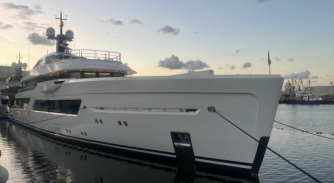
The suggestion box
Dario Schiavo explores the increasingly vital role of open and constructive dialogue between senior crew and designers in ensuring a project's success
Fleet

Femo Bunkers Savannah with HVO
SuperyachtNews speaks with Ugo Pastorino, Partner and General Manager of Femo Bunker, about its first delivery and his impressions of the market for HVO
Crew

Tankoa on track to double fleet
The distinctive 50m motoryacht Grey joins a growing fleet stemming from the Genoa shipyard
Fleet
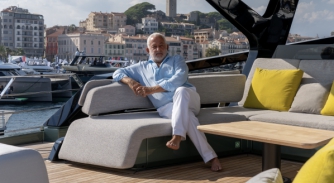
In conversation: Luca Bassani
Yachting design visionary and Wally Founder Luca Bassani explores the trail of innovations that have rewritten some of the longstanding rules of yachting
Fleet
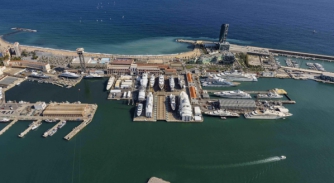
MB92 and Rolls-Royce form sustainable refit partnership
The refit specialists and engine experts are collaborating on an initiative to accelerate the adoption of more sustainable fuels
Crew
Related news
The suggestion box
1 year ago
Femo Bunkers Savannah with HVO
1 year ago
Tankoa on track to double fleet
1 year ago
In conversation: Luca Bassani
1 year ago



